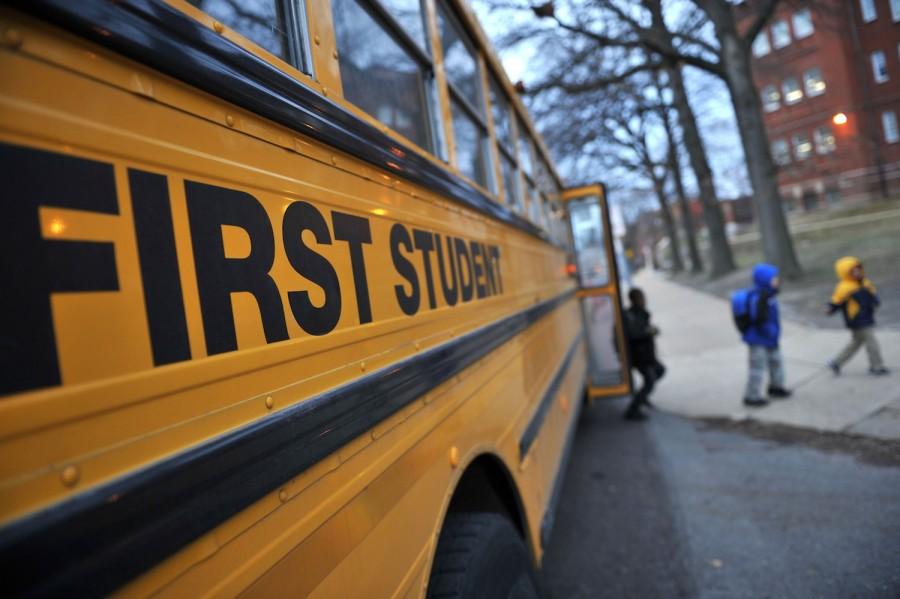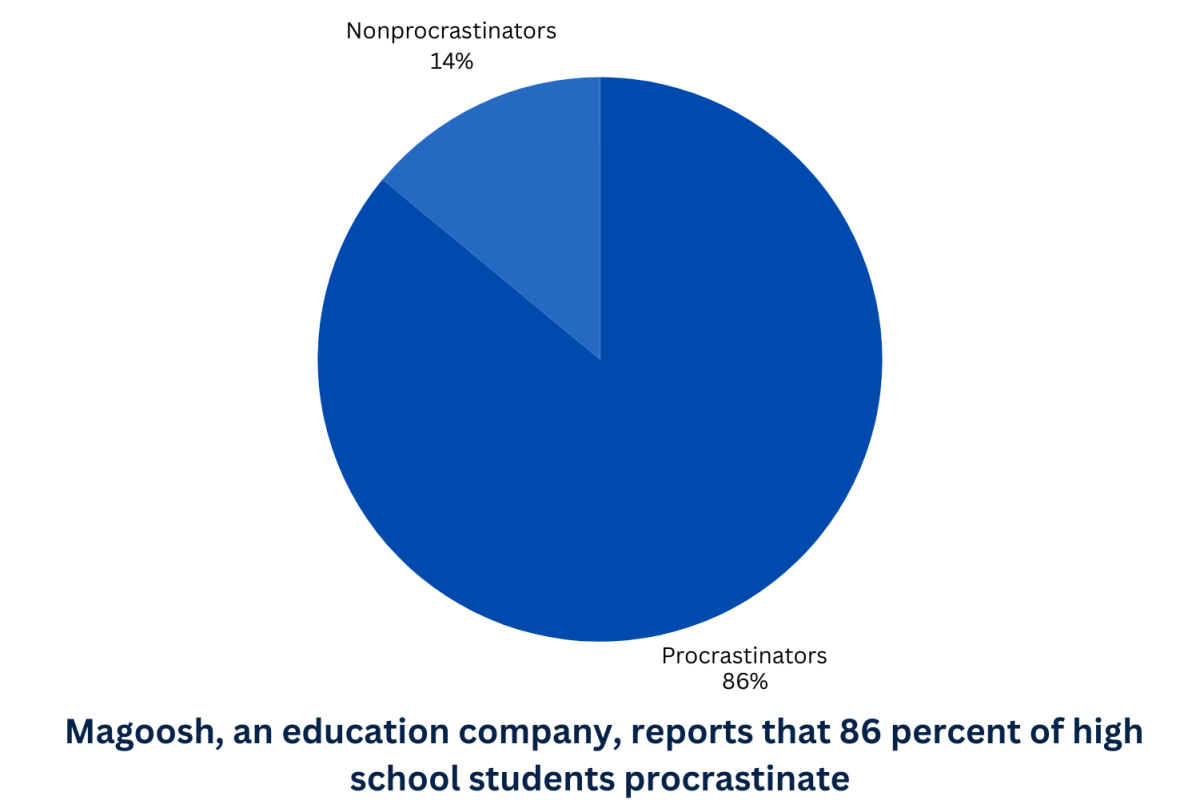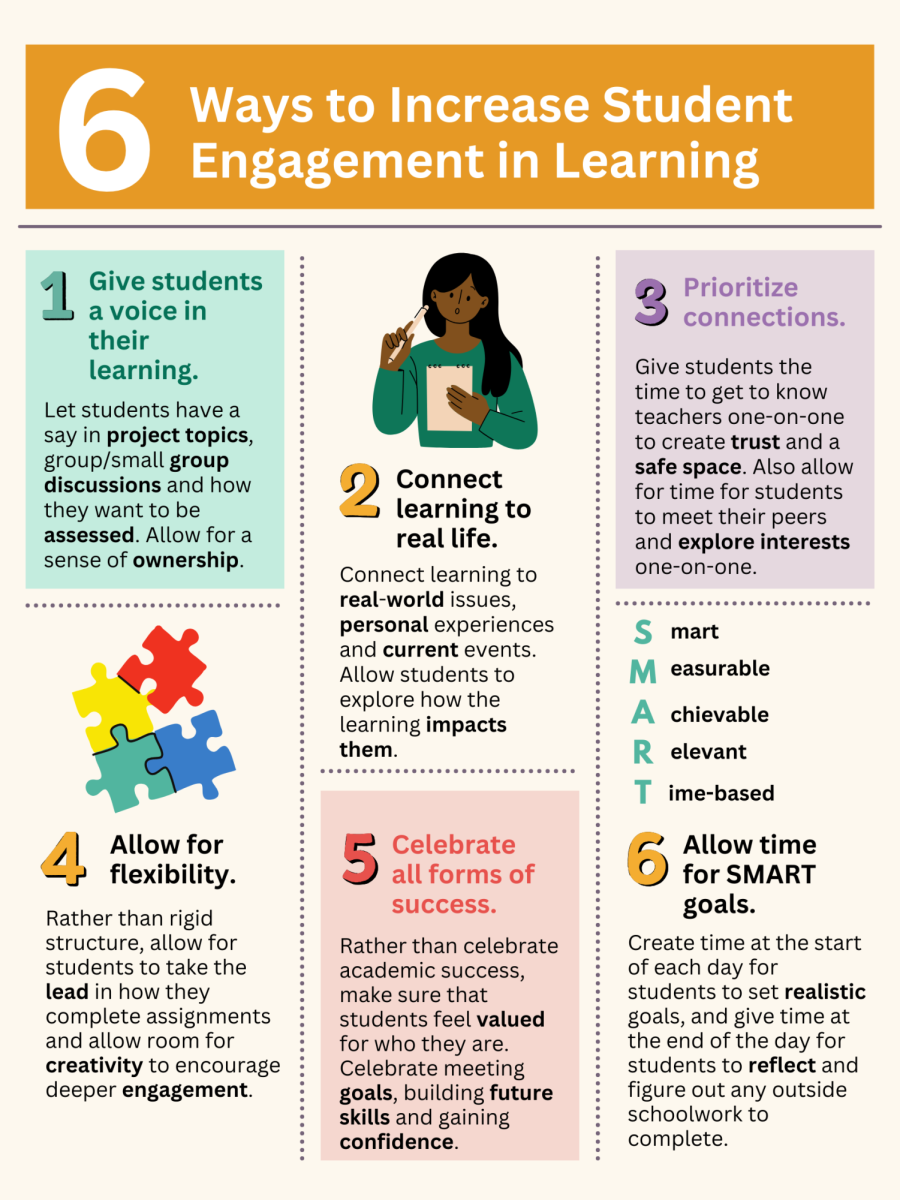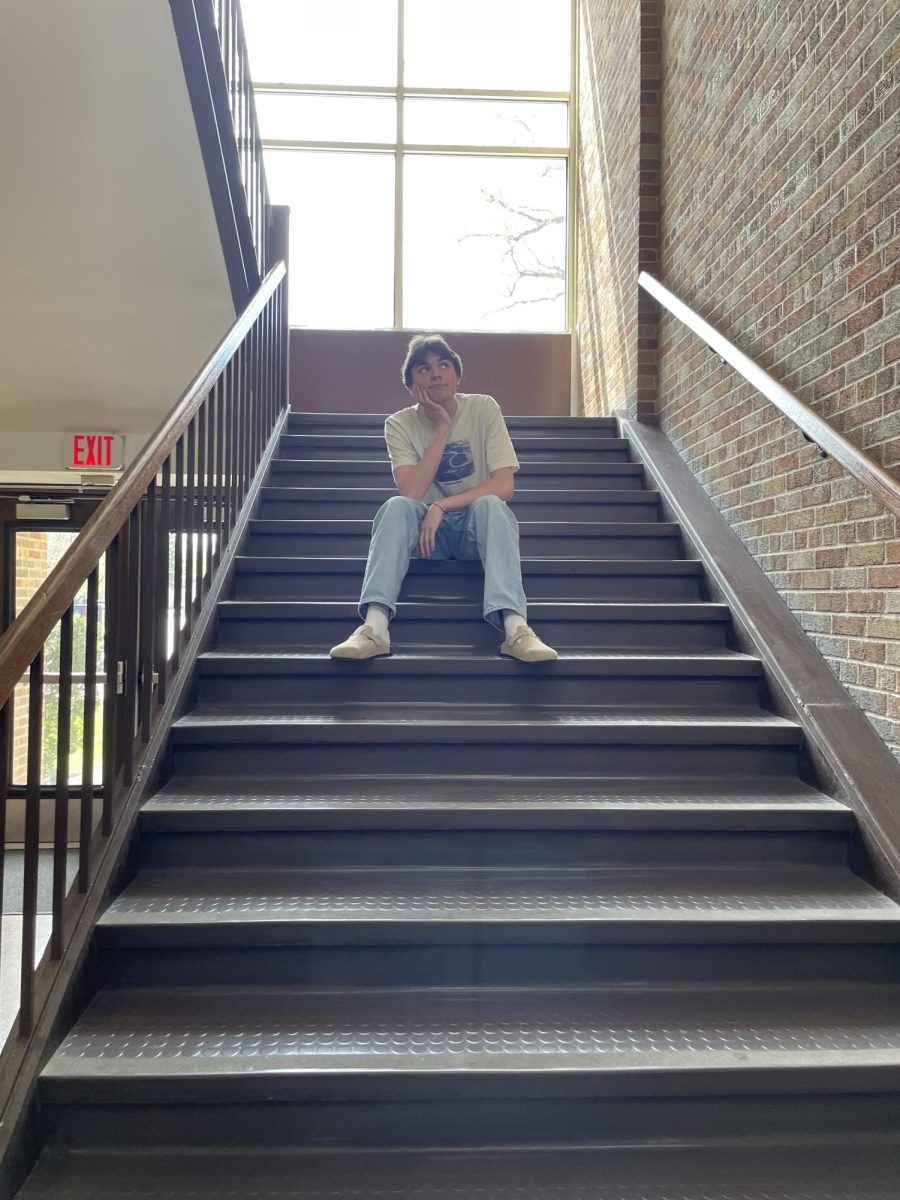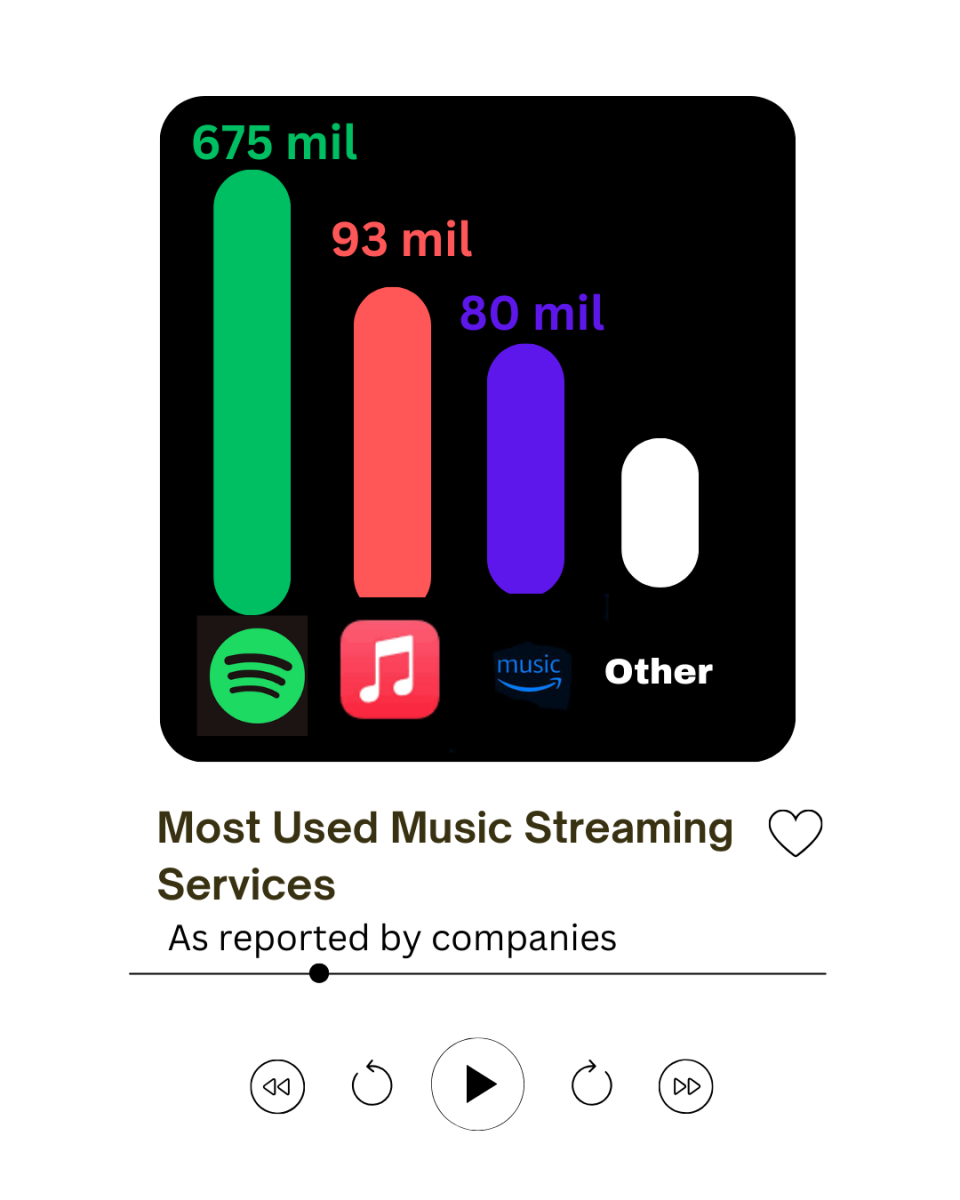You often hear students speaking with excitement for their upcoming field trips, whether it be to learn cultural dances for their Spanish class, going to see a play in the city for their English or theater class, or to the Volo Bog for their science class.
But even with this excitement, deciding to go on these trips can be a calculated decision and many students find it very difficult to decide to go on these trips because of the amount of pressure they feel to stay at school and not miss work from their other classes. This is striking to me because the point of the field trip in the first place is to be an academic, enriching experience.
Field trips are an important part of learning, supplementing what students learn in their classes. In regards to a study administered in 2012 by the University of Arkansas reflecting on the benefits of field trips for students, “enriching field trips,” Education Next states, “contribute to the development of students into civilized young men and women who possess more knowledge about art, have stronger critical-thinking skills, exhibit increased historical empathy, display higher levels of tolerance, and have a greater taste for consuming art and culture.”
But, even with evidence supporting the usefulness of field trips, many places have been experiencing a decrease in student trips.
“The Field Museum in Chicago at one time welcomed more than 300,000 students every year. Recently the number is below 200,000,” reported Education Next.
I’m not saying that every class should go on field trips just for the sheer fact of going; trips should be relevant. And although it may be difficult for certain classes, like mathematics, courses to take trips, humanities-based classes should recognize the value in field trips and encourage them. If field trips are relevant, they can serve as a good reference point throughout the rest of the school year, making examples used in classrooms come to life and also stand as a way to further develop skills and ideas taught in the classroom. I know for myself, it is always easier to understand something if I have seen it, or something like it, first-hand. In my english class this year, we read the play King Lear in class and it was somewhat difficult for me to understand because of the shakespearean language. While we were reading the book, we took a trip to the Chicago Shakespeare Theater and saw The Tempest (also by Shakespeare). After seeing one of his play’s live and hearing the language while seeing stage directions come to life, it made reading it in class much easier to understand.
Field trips should also be at the discretion of the student if they want to go. “It is the student’s option to remain in school,” according to the Libertyville High School 2015-2016 Student Handbook. “If a student decides to attend a field trip, then he/she is expected to determine what assignments they will be missing and have those assignments completed for the day of their return. If a student decides not to attend the field trip, then he/she may have to complete an alternate assignment in lieu of the missed field trip experience.”
Ultimately, students should be able to make this decision on their own considering the advantages and disadvantages of going on a trip. They shouldn’t feel pressured by another teacher not to go on these trips because the teacher feels their class is more important.
All things considered, field trips are an important part of many classes’ curricula when they are pertinent to the class, allowing for what is taught in class to be built upon and therefore, they should not be rejected automatically by students and teachers of other classes.



